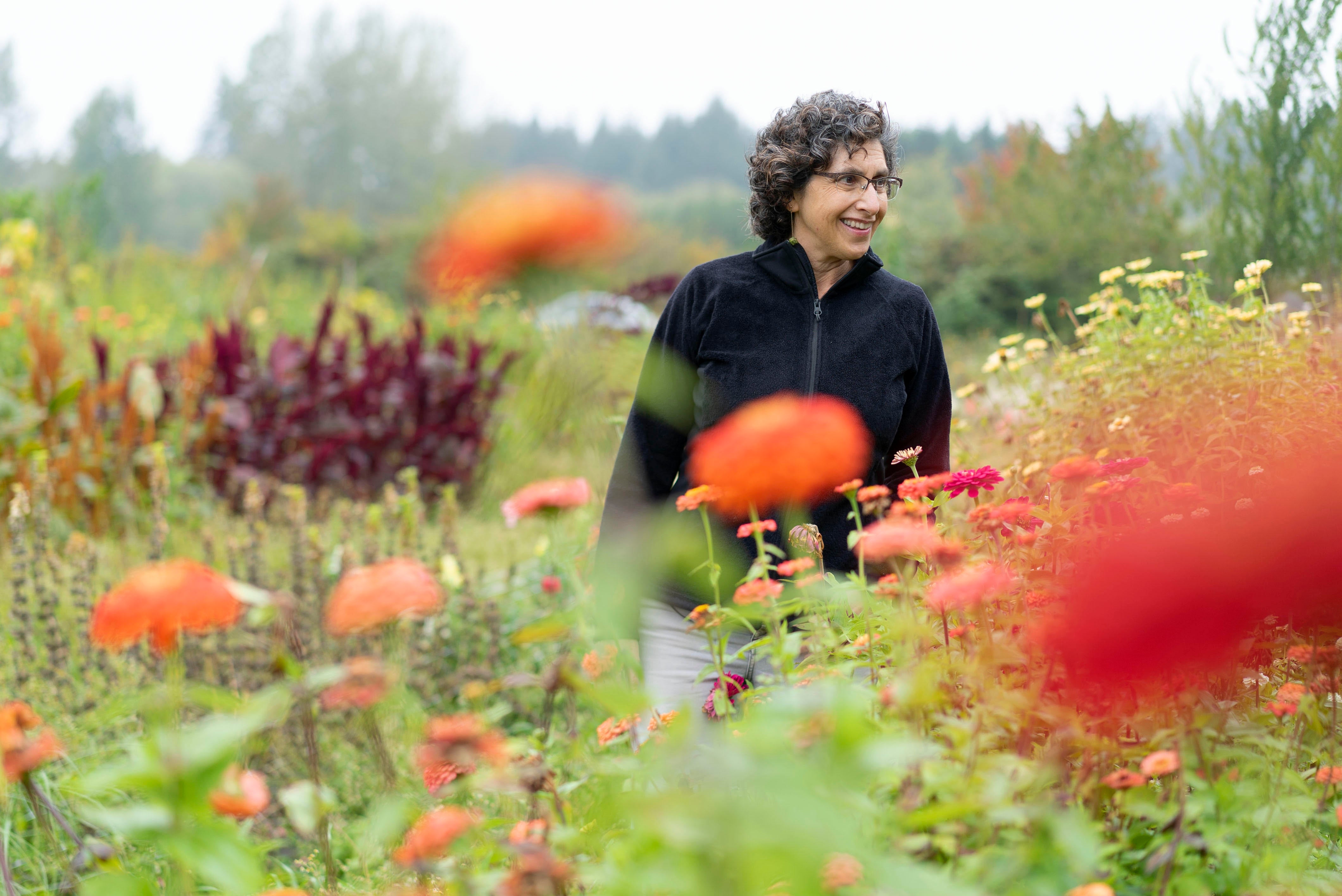Conservation and Connectivity in Agricultural Working Lands

Claire Kremen is an outstanding agro-ecologist and conservation biologist. She has done important work on the biodiversification of agriculture and on how and why wildlands near agriculture can provide valued ecosystem services.
—David Tilman, Distinguished Professor, Bren School
Email events@bren.ucsb.edu to request access to a recording of this talk
ABSTRACT
Agriculture is known to be one of the main threats to biodiversity worldwide, especially through habitat conversion and fragmentation, but also through water withdrawals and pollutants – including greenhouse gas emissions, nutrients and novel synthetic compounds. However, certain agricultural practices both rely on elements of biodiversity for sustainable crop and livestock production, and support much higher levels of biodiversity than the more environmentally-damaging alternatives. These practices, collectively called ‘diversification practices’ include increasing the diversity of crops within fields across space and time through crop rotations, cover-crops and inter-crops; adding non-crop habitats like hedgerows and live fences around fields; and enhancing heterogeneity of agricultural landscapes through crop composition, pastures, fallows and semi-natural habitat patches. This talk will review key examples, meta-analyses and syntheses, both from my lab and elsewhere, showing how agricultural diversification practices within, around and across fields affect biodiversity, ecosystem services (including crop production) and landscape connectivity, to consider how agricultural working lands can be best managed to promote positive outcomes for wildlife and people.
BIO
Claire Kremen is President’s Excellence Chair in Biodiversity and Professor at University of British Columbia in the Institute for Resources, Environment and Sustainability and the Department of Zoology. Her lab studies how to improve the connectivity and sustainability of farming landscapes through agricultural diversification. She leads UBC’s Interdisciplinary Biodiversity Solutions Collaboratory, which conducts community-engaged research to advance just, equitable, and inclusive solutions for biodiversity and people. She has been recognized with the MacArthur Fellowship, Volvo Environmental Prize, and Insect Conservation Prize of the Royal Entomological Society, among others, and is a highly-cited researcher with > 200 publications.